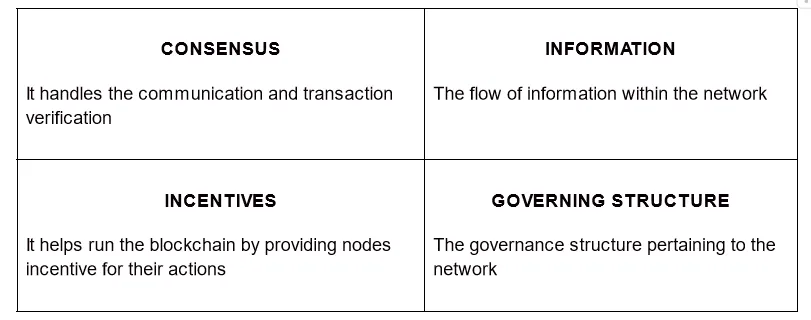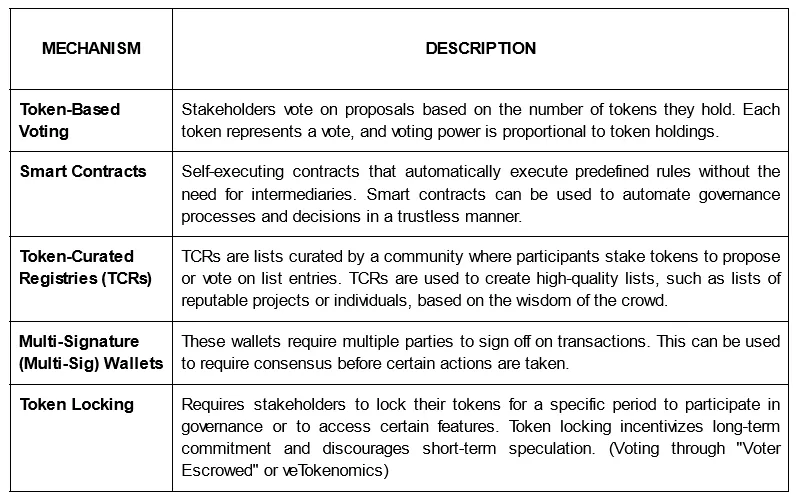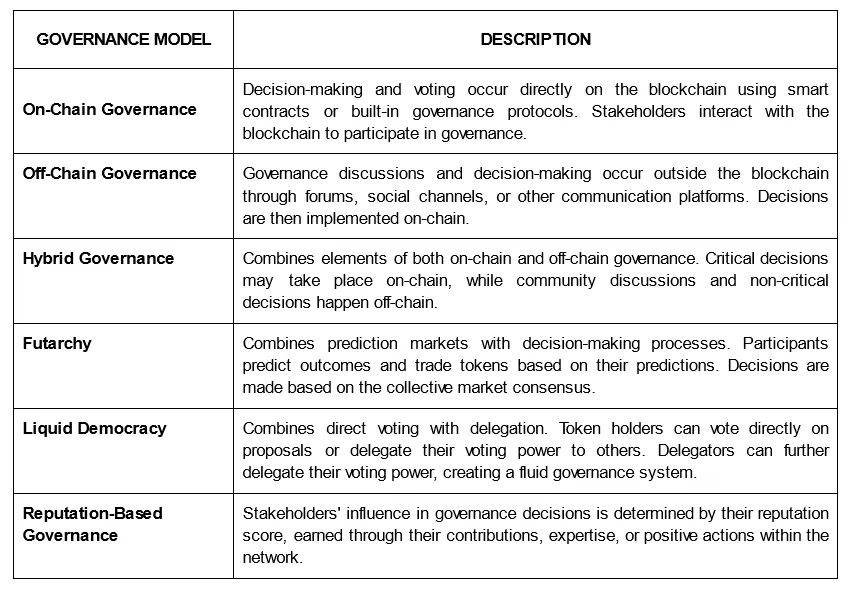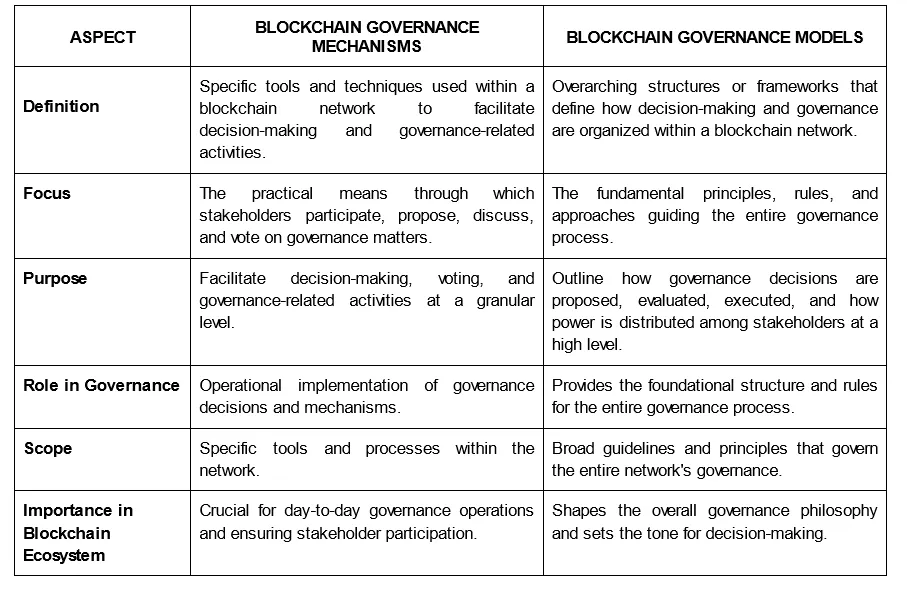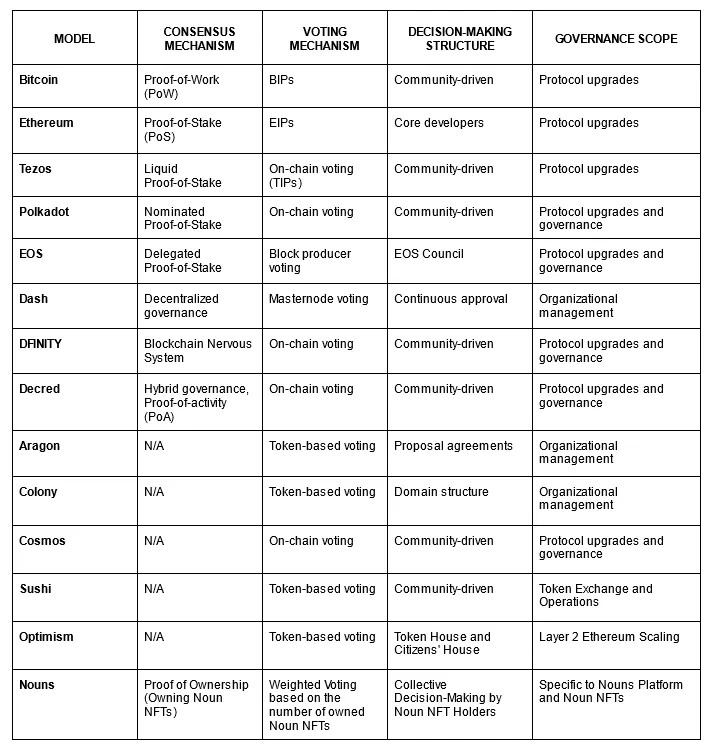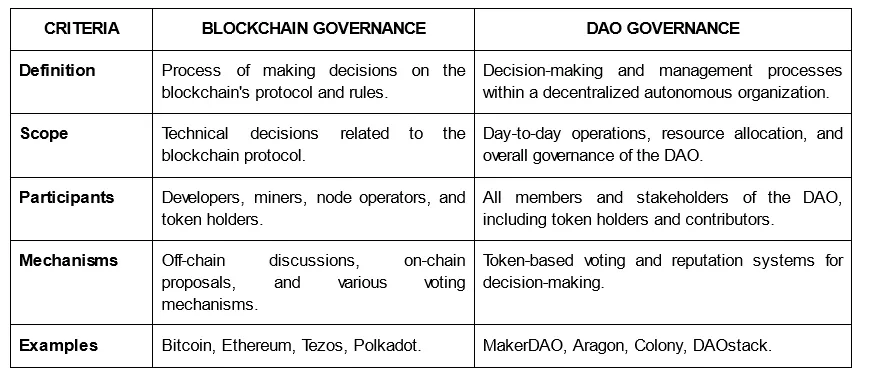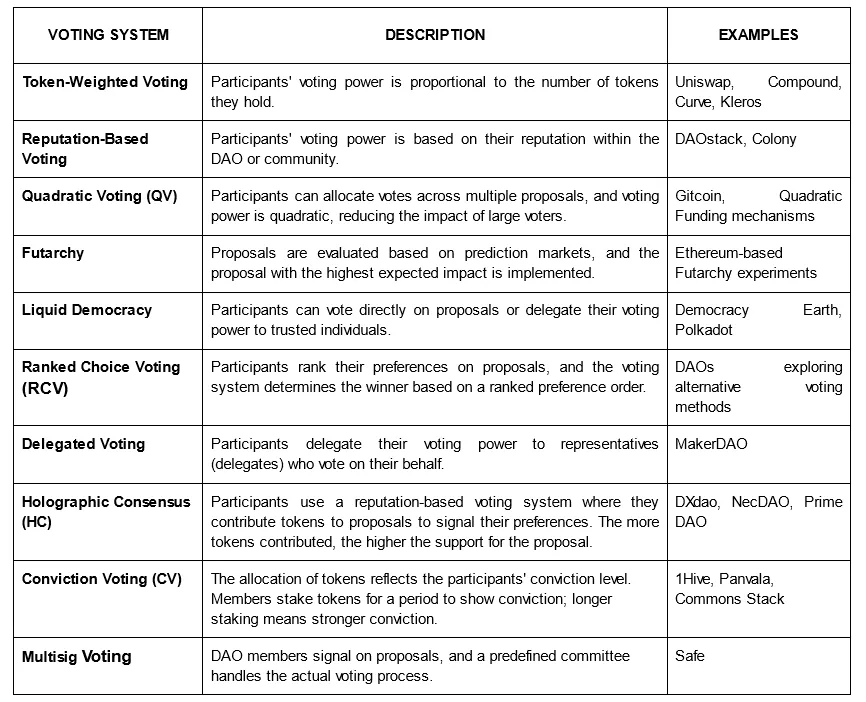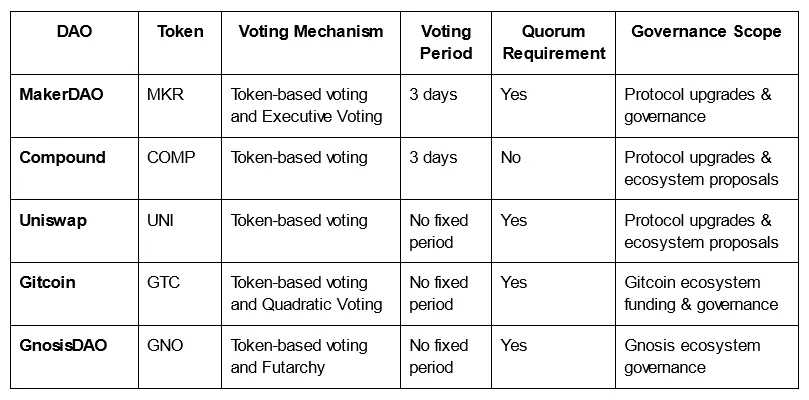Blockchain technology has opened a new era of decentralized decision-making, revolutionizing governance structures across diverse industries. This research delves into the concept of decentralized decision-making in the context of blockchain governance, analyzing its features, mechanisms, models, and implications. It examines real-world examples of blockchain projects that prioritize decentralized decision-making. Additionally, the author explores various DAO governance models & voting systems. The challenges, risks, and prospects are also discussed. The paper aims to inspire additional research and adoption of blockchain governance models by highlighting the possibilities of decentralized decision-making. Blockchain governance promises to create more inclusive, transparent, and resilient systems that align with the values of the blockchain ecosystem and its participants.
8 Likes
